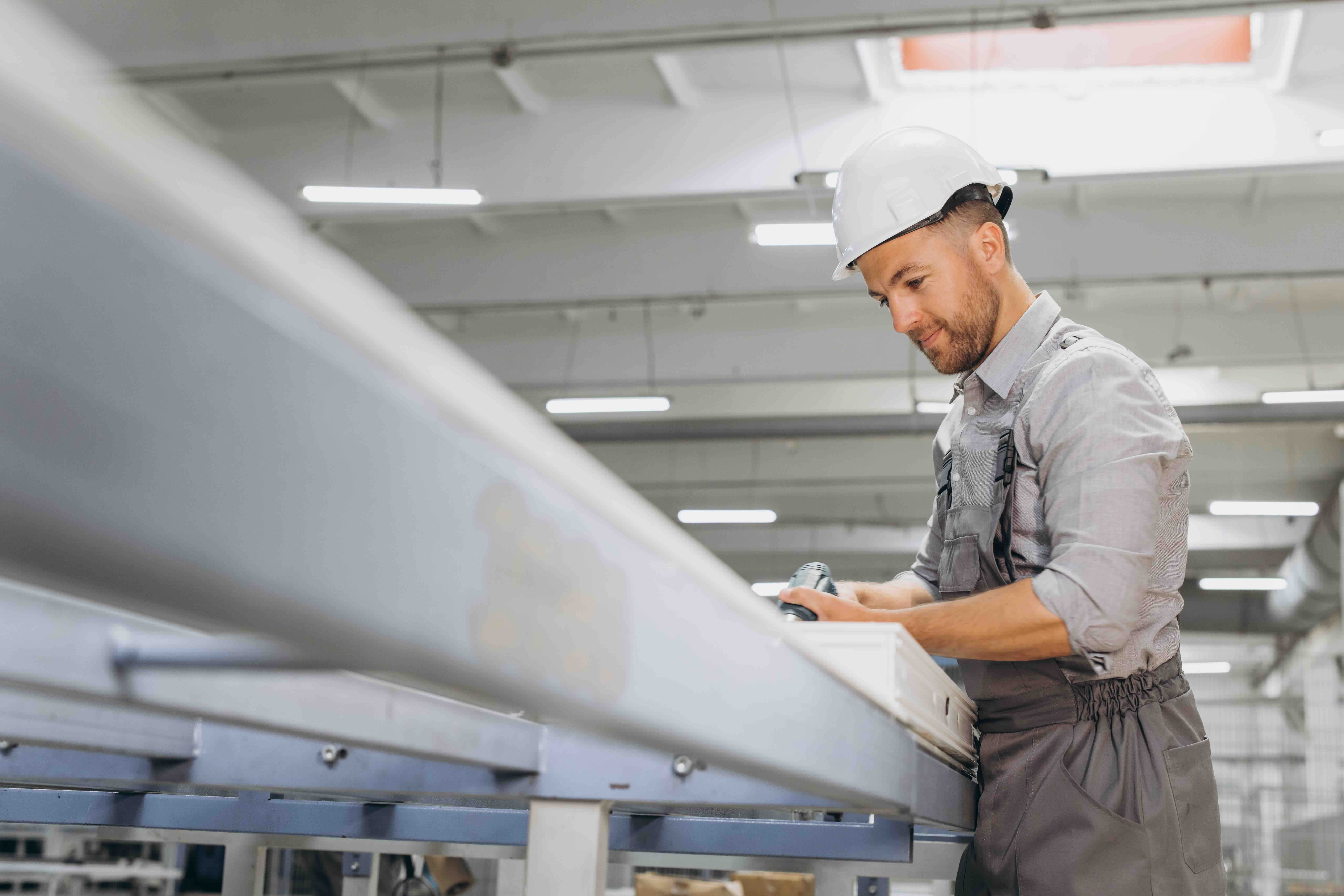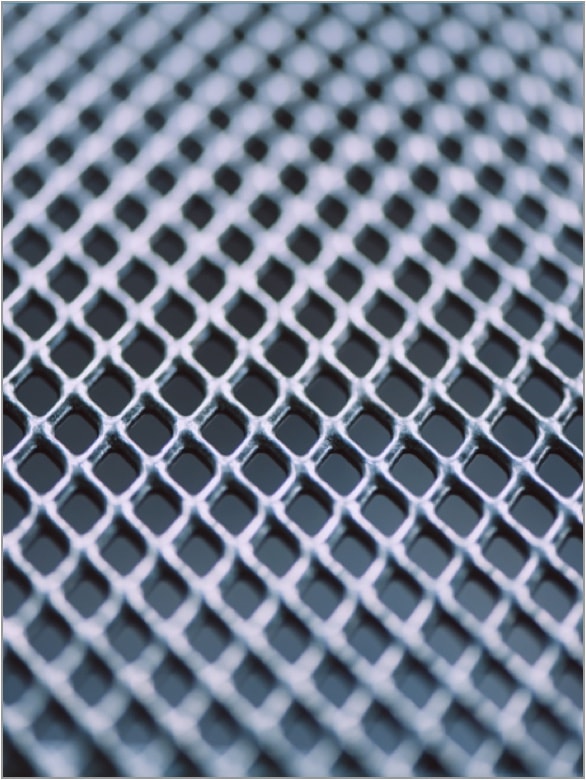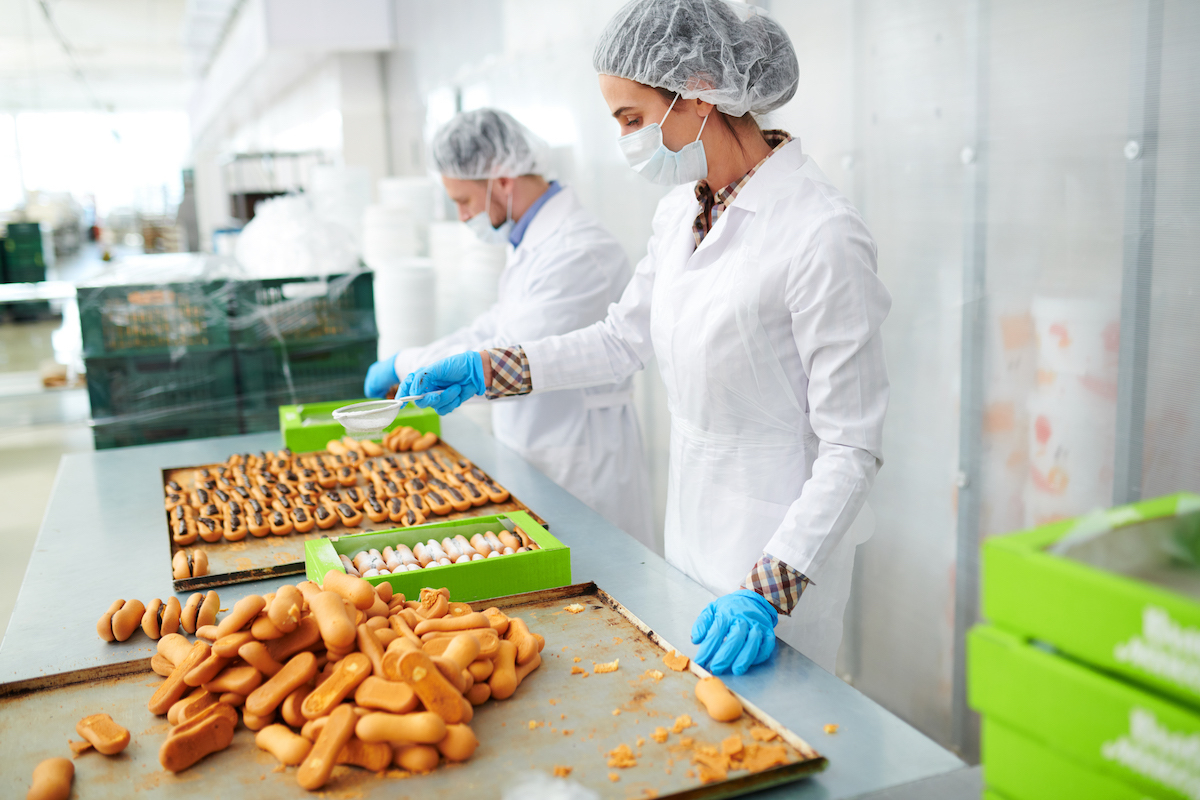Aluminum is a fairly malleable metal, one of its most commercial forms is the sheet, as they are elements that are mainly used for the construction industry. These elements are characterized by being metallic sheets known as plates or sheets. They can be found in various thicknesses and sizes which depend on their manufacturing process.
Processes for sheet profiles
Pickling
This process ensures the quality of subsequent productive processes thanks to the hydrochloric acid bath it uses, which definitively removes iron oxide scales generated in the hot rolling process.
Cold rolling
This process allows obtaining a sheet with the thickness, width, and defect-free surface quality. It is also used in the galvanizing process, through a roller that applies pressure and tension to the metal.
Galvanizing
These processes have become the most modern, it begins by ensuring the calibration and width of the roll, to then move on to cleaning baths with chemicals and brushing. Subsequently, to the preheating and annealing process in the vertical oven, to ensure the properties that customers require from the metal.
Technological cycle
The different phases of our technological cycle in the manufacture of aluminum sheets:
Aluminum casting
The raw material is introduced to different melting furnaces. Once the aluminum is in its liquid state, it is transferred to the oven where it is refined and prepared for the alloy, adjusting the temperature. The resulting aluminum is poured onto a molding table, where plates over 5 meters long are obtained.
Hot rolling
The aluminum plates are introduced to the gas oven and heated to forging temperature for the necessary hours to reach their optimal state. They must be prepared for the hot rolling process, where through cylinders, the thickness of the aluminum sheet is reduced in successive passes until it becomes a roll.
Cold rolling
The cold aluminum rolls are rolled through fine finishing cylinders to achieve mechanical properties and the desired thickness.
Heat treatment oven
The aluminum coils undergo a heating process in the different treatment ovens with the aim of achieving the required resistance and elongation properties.
Flattening under tension
This process releases the internal tensions inherent in the material, which helps achieve greater uniformity with a flatter finish.
Ulbrinox is one of the main aluminum distributors in Mexico. We have the support of the leading mills worldwide, so we are proud to provide high-quality materials according to your needs. If you require more information about the sale of Aluminum plates that we offer for different industries, do not hesitate to contact us .













